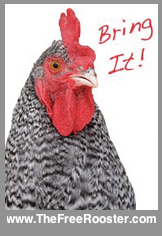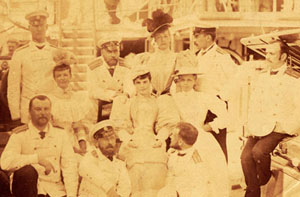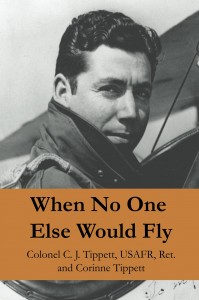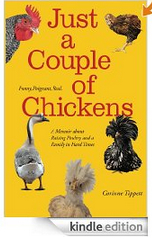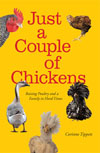
Sometime after writers stopped using quills as ink pens, our copyright laws came into being. The law assigns copyright when a work is created – you don’t have to register. But it’s a good idea, especially since today’s quill is a computer and the paper is online.
Copyright on a creative work exists as soon as the work is put to paper. The author doesn’t have to formally register the work with the US Copyright office, but it’s a good idea to do it before self publishing a book, or submitting for traditional publication.
An author does have to register the copyright before claiming a case of copyright infringement, and having registered the work long before there is any question of infringement can help your case.
I see it as a professional approach to my creative work, a finishing touch.
The creative work does not have to be published before registration, and in fact, due to recent changes by the US Copyright Office, if the work is unpublished, it can be uploaded electronically for the registration process – which is a change from having to mail a hard copy. (Mailing a hard copy is part of the Library of Congress Control Number process, which happens after the work is published – including self published…)
I recently went through the copyright process with the finished draft of my grandfather’s aviation history biography, and I have some tips.
- Prepare an electronic copy of the manuscript that is smaller than 11.3 MB, because that is the single file upload limit and a full length manuscript is almost certainly bigger than that. Make a compressed PDF or split the document into several files… the upload process does allow one project in multiple files (up to six). So getting that ready in advance will help.
- Choose a time when you can do the whole process in one session, so that you don’t risk stopping part way. It will take about an hour, depending on the copyright office’s online response time.
- It will cost $35, (as of 2012) payable online at the time of registration, so having a credit or debit card ready is a good idea.
- At www.copyright.gov, you first establish a profile and choose a user name and password. You’ll use this same profile for every work you register for copyright.
- The first step isn’t very obvious, despite the care given to try and make the process more streamlined. It’s called Register A New Claim… and from there, you go step by step.
You will have to click a confirmation button at the very end of the process, and it isn’t complete until you do, so don’t leave the process until you’ve clicked that button. It’s not a very obvious button… the Staples Easy Button is a better design, but you’ll find it.
It’s not required to register – copyright is yours once you create a work – but it’s a good idea to do it when you’ve finished your book, before you self publish, or before you submit your book for publication. Add a copy of your work to our Library of Congress!

